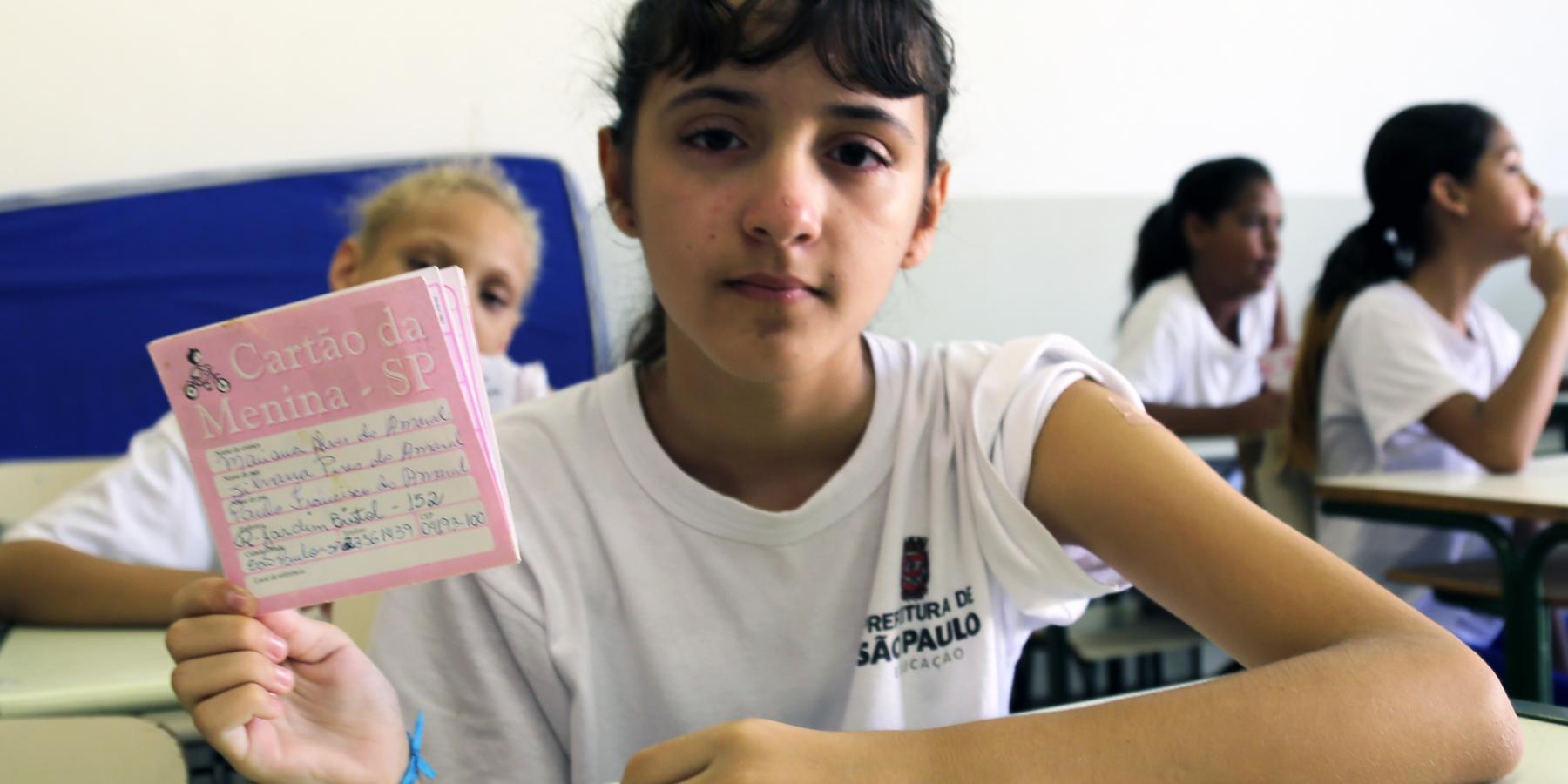
Accelerating progress towards universal health coverage (UHC) is essential to ensuring the health and wellbeing of all people. Approximately 100 million people are pushed into poverty every year as a result of out-of-pocket payments for health care, a large proportion of which are due to non-communicable diseases (NCDs).
Yet, UHC remains a distant reality for many low- and middle- income countries (LMICs), where the NCD burden is impacting disproportionately. Out-of-pocket payments for NCD treatment and care trap poor households in cycles of catastrophic expenditure, impoverishment, and illness, particularly in countries lacking social protection and health insurance. Coverage and access (in terms of availability and physical access) to NCD services, including early diagnosis, treatment, and palliative care, are severely inadequate.
Our position
Universal health coverage and access is a critical enabler to achieving good health outcomes for all, and a necessary part of global and national health and development frameworks. However, UHC itself is not sufficient to respond to the global NCD epidemic. As the discussions on UHC move forward, the NCD Alliance will continue to work to further articulate how and what UHC and access means for NCDs.
Together with other members civil society organisations, and co-endorsed by the WHO and the World Bank, the NCD Alliance has co-authored an information sheet on UHC, entitled "The Global Push for Universal Health Coverage," published in July 2014.
Click here to read the UHC Information Sheet
Click here to read an article on UHC by Katie Dain, Executive Director of the NCD Alliance
NCD Alliance Policy Brief “Universal Health Coverage and Non-Communicable Diseases: A Mutually Reinforcing Agenda.”
Attainment of UHC will be dependent on prioritizing NCD prevention and control in UHC design and implementation. When achieved, UHC can provide a powerful vehicle to accelerate progress in NCD outcomes, inequalities, and socio-economic impact.
Equally, lessons learnt from the NCD response can help support pathways to UHC. These include a focus on health promotion and prevention; multisectoral approaches, addressing the social determinants of health, and domestic innovative financing mechanisms (including taxation on unhealthy products).
In order for the post 2015 development agenda to be truly transformative for health, NCDs must be recognized as a priority and UHC must be articulated as a means to achieve improved health outcomes.
The NCD Alliance policy brief analyses the synergies and barriers for NCDs and UHC, as well as providing policy measures to ensure that UHC directly contributes to improving NCD prevention and control.
Click here to download the policy brief
World Bank and WHO consultation on UHC monitoring framework
WHO and the World Bank released a discussion paper in May 2014 which was written on the basis of consultations and discussions with country representatives, technical experts and global health and development partners, including an online consultation based on a draft paper.
The NCD Alliance made the following recommendations during the consultation process:
- Use the term “NCDs” in the monitoring framework, not “CCIs”
- Add a fourth domain on “health security”
- Clarify the definition of “health services” and “non-personal interventions”
- Consult with civil society on the service coverage indicators
- Set an essential services coverage target of 100%
- Promote UHC as an enabler in the post-2015 human development agenda
As a result of these consultations and various inputs, including the NCD Alliance input, many of these recommendations are reflected in the final discussion paper. The paper clarifies "The ultimate goal of UHC with respect to service coverage is that everyone can obtain the essential health services they need, that is, 100% coverage."
Click here to read our full response to the proposed UHC monitoring framework.
Photo credit: © Photoshare: Bangladesh_Sastho Apa, Healthcare Provider